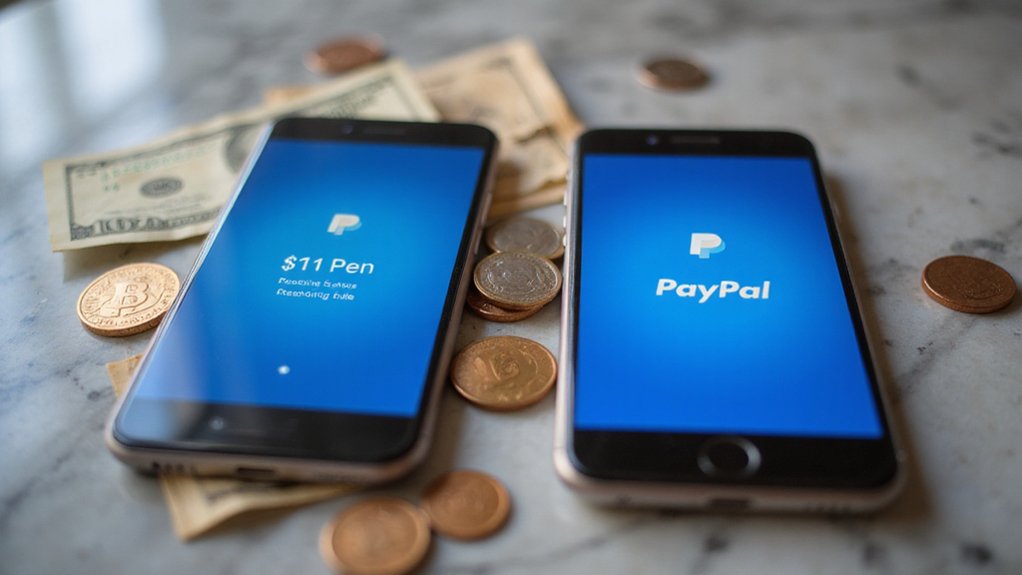While the world increasingly abandons physical passport stamps in favor of digital immigration processing, American Express has decided to resurrect this nostalgic ritual through blockchain technology, launching what it calls “Amex Passport”—a collection of non-transferable NFTs that serve as digital travel souvenirs for cardholders.
These ERC-721 tokens, minted on Ethereum’s Base layer-2 network, activate automatically when U.S. cardholders make in-person purchases across 130-plus qualifying countries using their Amex card or linked digital wallets. The company has issued over 20,000 stamps since launch, transforming mundane transaction data into curated travel memories—a remarkably shrewd repositioning of spending surveillance as experiential storytelling.
Each stamp captures the country visited, trip highlights, and earning date while deliberately omitting granular personal data (privacy considerations presumably trumping the urge to monetize every data point). The blockchain infrastructure guarantees authenticity and immutability, because apparently preventing forgery of travel keepsakes requires the same technological rigor as securing financial transactions. The autonomous execution of stamp minting eliminates the need for manual processing intermediaries, streamlining the entire digital souvenir creation process.
The stamps exist purely as memorabilia—explicitly non-transferable and devoid of market value, which sidesteps regulatory complications while maintaining the emotional appeal of digital collectibles. Cardholders can customize their stamps within the Amex Travel App, highlighting specific experiences like hotel stays or restaurant visits, fundamentally gamifying their spending patterns into a personalized travel narrative. The Amex Travel App is set to launch on iOS on 18 September 2025, with Android availability following later.
This initiative reflects broader fintech evolution, as legacy financial institutions embrace blockchain not for revolutionary disruption but for incremental service enhancement. Amex positions these digital stamps as premium experiential benefits rather than speculative assets, targeting the intersection of travel nostalgia and technological novelty that appeals to affluent cardholders.
The strategic calculus appears sound: leverage blockchain’s authenticity guarantees to create differentiated travel experiences while deepening ecosystem engagement through the Amex Travel App. By focusing on emotional rather than financial value, the company avoids the regulatory minefield surrounding tradeable NFTs while still capitalizing on digital collectible enthusiasm.
Whether cardholders will embrace blockchain-based travel documentation remains an open question, but Amex has effectively transformed routine transaction processing into a nostalgic digital experience—no small feat in an increasingly commoditized payments landscape.






